Hamedan, Travel Guide
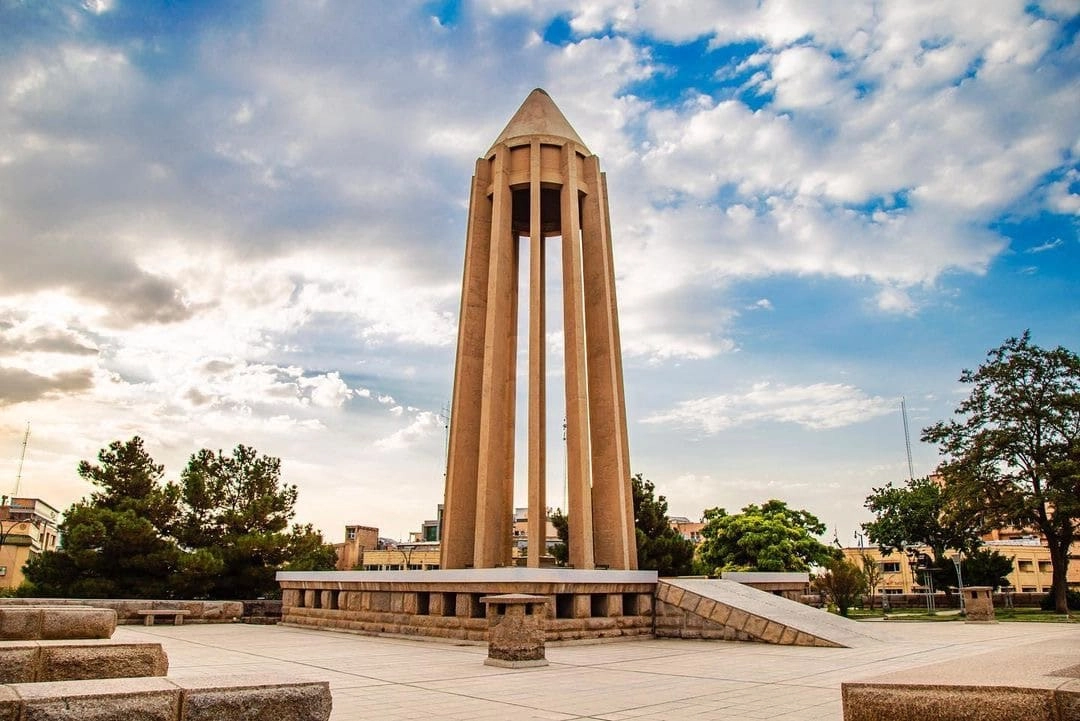
- Negin Masihi
- 24 August 2025
- Persian
- 2 minutes
Hamedan Province, located in western Persian at the foothills of the Alvand Mountains, is one of the country’s oldest and most historically significant regions. Known as the Capital of History and Civilization in Persian, Hamedan offers a rare combination of ancient heritage, stunning landscapes, unique traditions, and delicious local cuisine. Whether you’re a history enthusiast, a nature lover, or a food explorer, Hamedan is a destination worth adding to your travel bucket list.
You might also enjoy: Persian art
Geography and Climate
Hamedan enjoys a cool, mountainous climate. Winters are snowy and cold, while summers are pleasantly mild—making it a perfect summer escape from the heat of other Persian cities. The region’s clean mountain air and breathtaking views are ideal for hiking, nature walks, and cultural exploration.
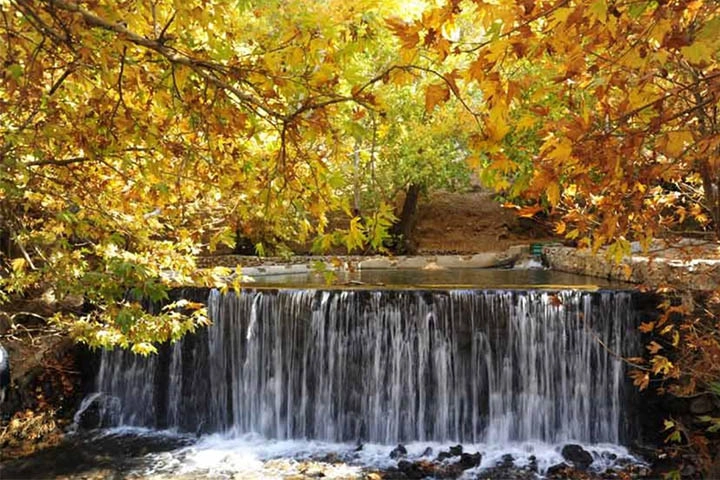
Hamedan-Gian
Historical Background
Hamedan is believed to be one of the oldest continuously inhabited cities in the world. In ancient times, it was known as Ecbatana, the capital of the Median Empire in the 7th century BC. The Hegmataneh Hill archaeological site preserves remnants of this glorious past. Over the centuries, the Achaemenid, Sassanid, and Seljuk dynasties also influenced Hamedan and left their mark on the city’s architecture and culture.
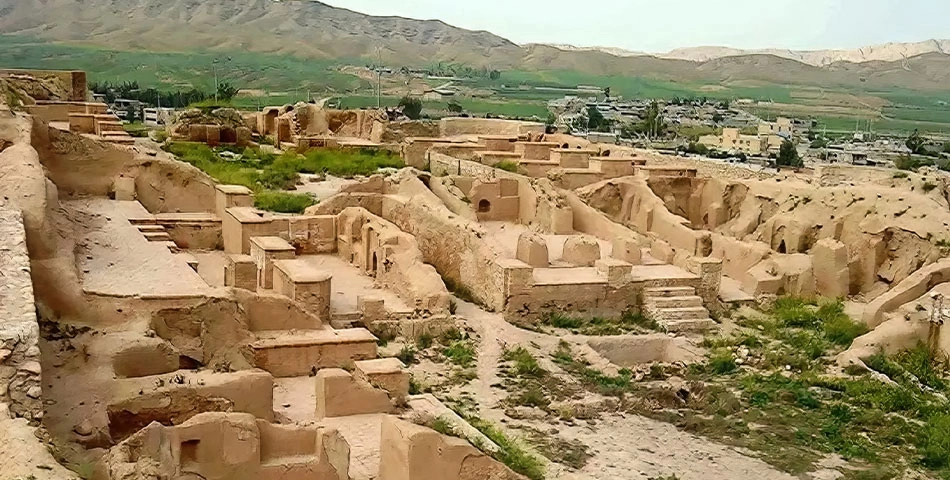
Hegmataneh
Traditional Clothing
The traditional attire of Hamedan reflects the vibrant culture and climate of the region:
-
Women’s dress: Colorful long dresses, layered skirts, hand-embroidered vests, and floral scarves.
-
Men’s dress: Loose trousers, long shirts, traditional felt hats, and sleeveless vests.
Today, these garments are mostly worn during cultural festivals, weddings, and special ceremonies.
Local Cuisine of Hamedan
Food in Hamedan is deeply tied to its culture and seasons. Popular traditional dishes include:
-
Ash-e Doogh – A hearty yogurt-based soup with fresh herbs and legumes.
-
Ash-e Tarkhineh – A fermented wheat and herb soup, perfect for winter.
-
Kaleh Joosh – A warming dish made with whey, walnuts, and dried herbs.
-
Abgoosht-e Bozbash – A flavorful lamb stew with aromatic herbs.
-
Komaj Bread – A sweet, spiced bread enjoyed with tea.
Visitors are encouraged to try these local flavors in traditional restaurants or family-run eateries.

Local Cuisine of Hamedan
Local Traditions and Festivals
Hamedan’s cultural identity is preserved through its customs:
-
Carpet Washing Ceremony – In some villages, colorful handmade carpets are washed in rivers during festive gatherings.
-
Traditional Weddings – Featuring live music, folk dances, and vibrant clothing.
You might also enjoy: Persian hookah
Top Tourist Attractions in Hamedan
-
Hegmataneh Hill – The ruins of the Median Empire’s capital.
-
Ali Sadr Cave – The world’s largest water cave open for boating.
-
Avicenna Mausoleum – Honoring the great Persian philosopher and scientist.
-
Ganjnameh Inscriptions – Ancient Achaemenid carvings beside a scenic waterfall.
-
Hamedan Bazaar – A bustling marketplace for local handicrafts and souvenirs.
Handicrafts and Souvenirs
-
Lalejin Pottery – Hamedan’s Lalejin town is known as the Pottery Capital of the World.
-
Handwoven Carpets and Giveh Shoes – Traditional, durable, and artistic.
-
Local Sweets – Halva Zardeh (saffron pudding) and Komaj bread are must-try treats.
Interesting Facts about Hamedan
-
It’s one of Persian’s coldest cities, with winter temperatures sometimes dropping below -20°C (-4°F).
-
Ali Sadr Cave is the only known navigable water cave in the world.
-
Some archaeological evidence suggests human settlement here dates back over 7,000 years.
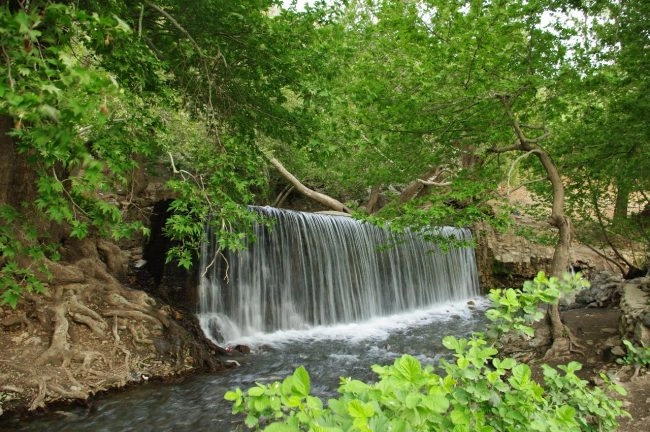
Hamedan-Gian
Related articles: heritage collection
Conclusion
Hamedan is more than just a historical city—it’s a living museum of Persian culture, traditions, and hospitality. From ancient ruins and mystical caves to colorful festivals and flavorful dishes, Hamedan tourism offers a unique and authentic travel experience. For those searching for things to do in Hamedan, the province promises history, adventure, and unforgettable memories.





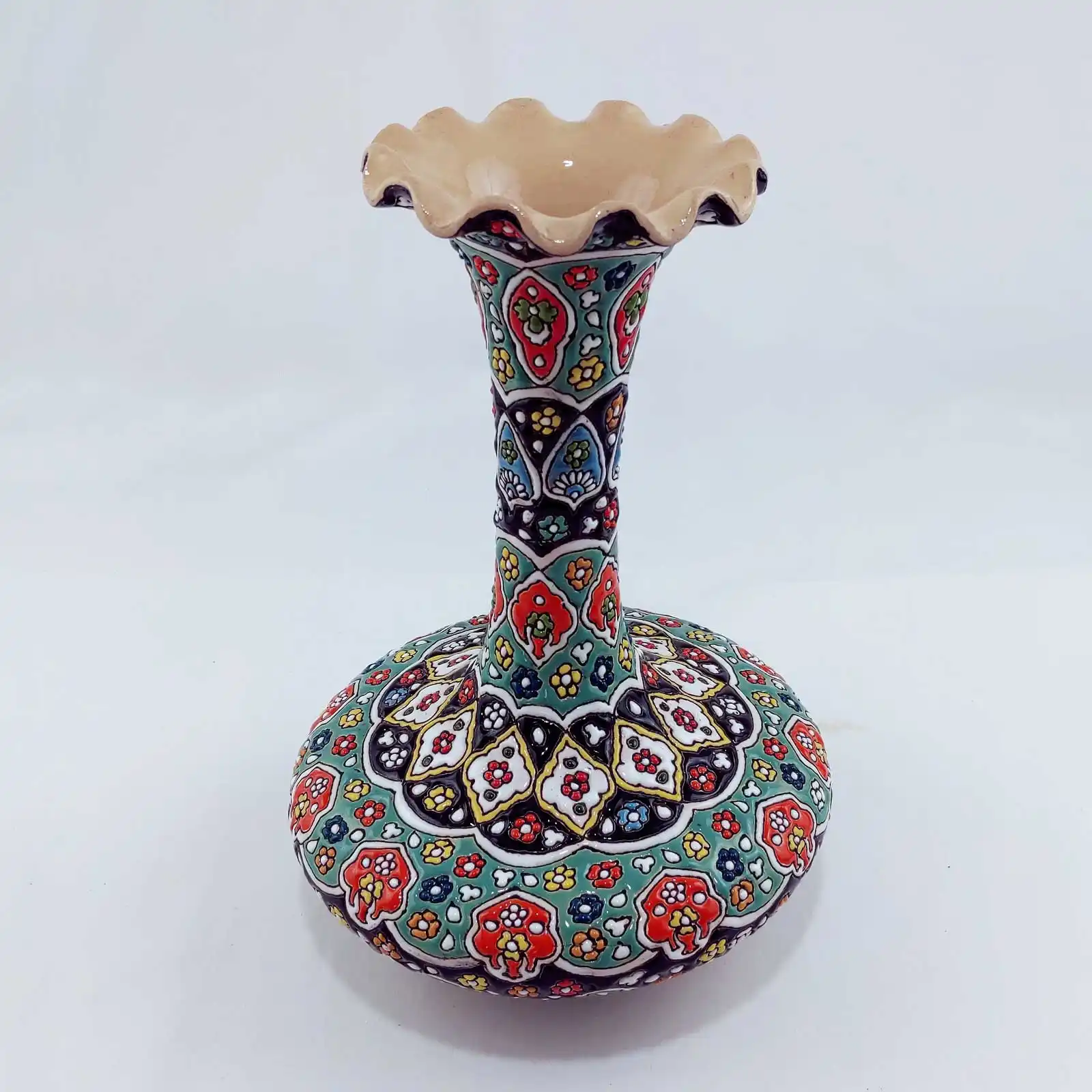


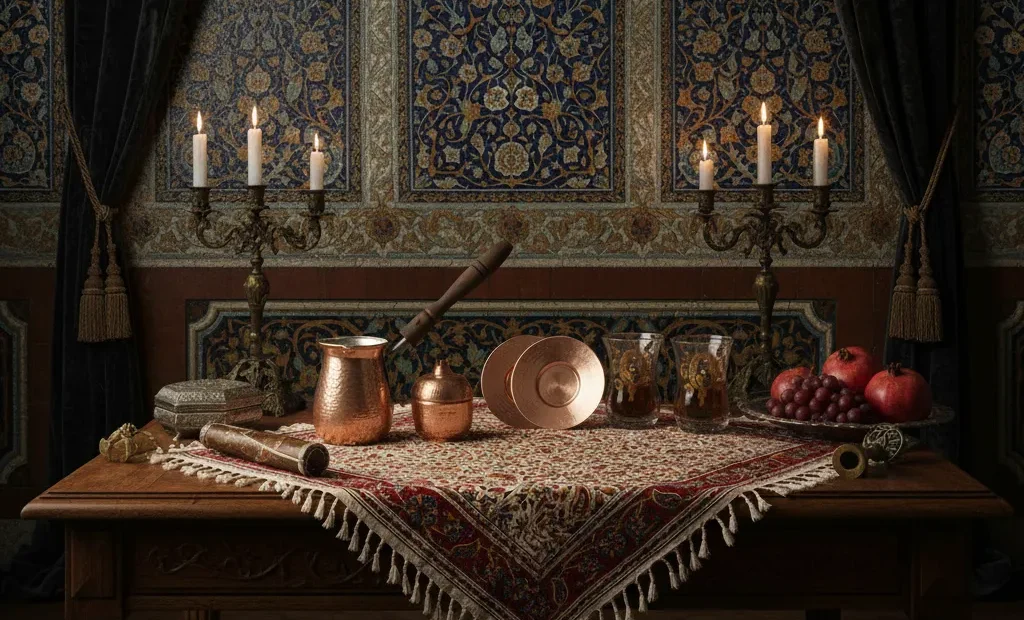


Comments